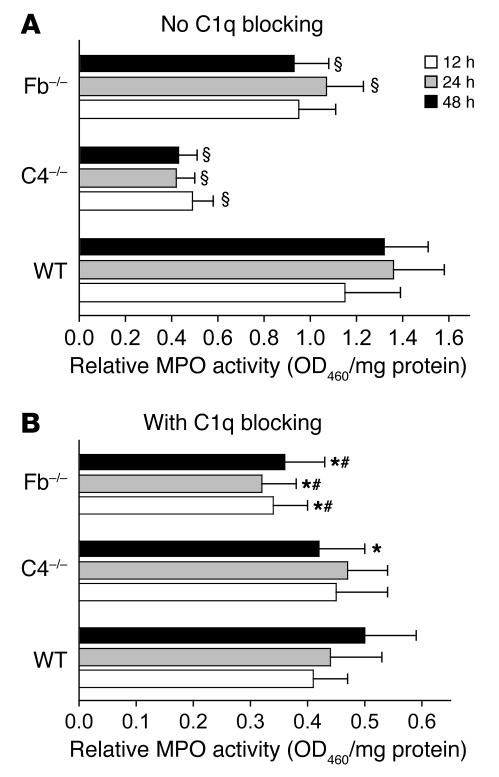Figure 5. Relative contribution of the classical and alternative pathways of complement in anti-mBP180–induced subepidermal blister formation.
WT, C4–/–, and Fb–/– mice (n = 12 per group) were injected with an optimal or suboptimal dose (2.64 or 2.0 mg/g body weight, respectively) of pathogenic anti-mBP180 IgG or with control IgG (2.64 mg/g body weight) in the absence (A) or presence (B) of anti-mC1q monoclonal antibody and examined at 12, 24, and 48 hours after IgG injection. Disease severity was quantified by measuring tissue MPO activities (mean + SEM) in the injection sites as an indicator of PMN recruitment. (A) Without C1q inhibition, significant reduction of PMN infiltration was seen in the skin of C4–/– mice at all time points and in Fb–/– mice at 24 and 48 hours compared with WT mice. ΧP < 0.001. (B) Anti-mC1q antibody treatment significantly reduced PMN infiltration in all 3 strains of mice. C1q blocking caused a further significant reduction in PMN infiltration in Fb–/– mice relative to C4–/– and WT mice. Levels of PMN infiltration between anti-mC1q–treated WT and C4–/– mice were similar at 12 and 24 hours, but different at 48 hours. Three independent experiments were performed per group. *P < 0.05, ΧP < 0.001 versus WT at the respective time points. #P < 0.05 versus C4–/– at the respective time points.

